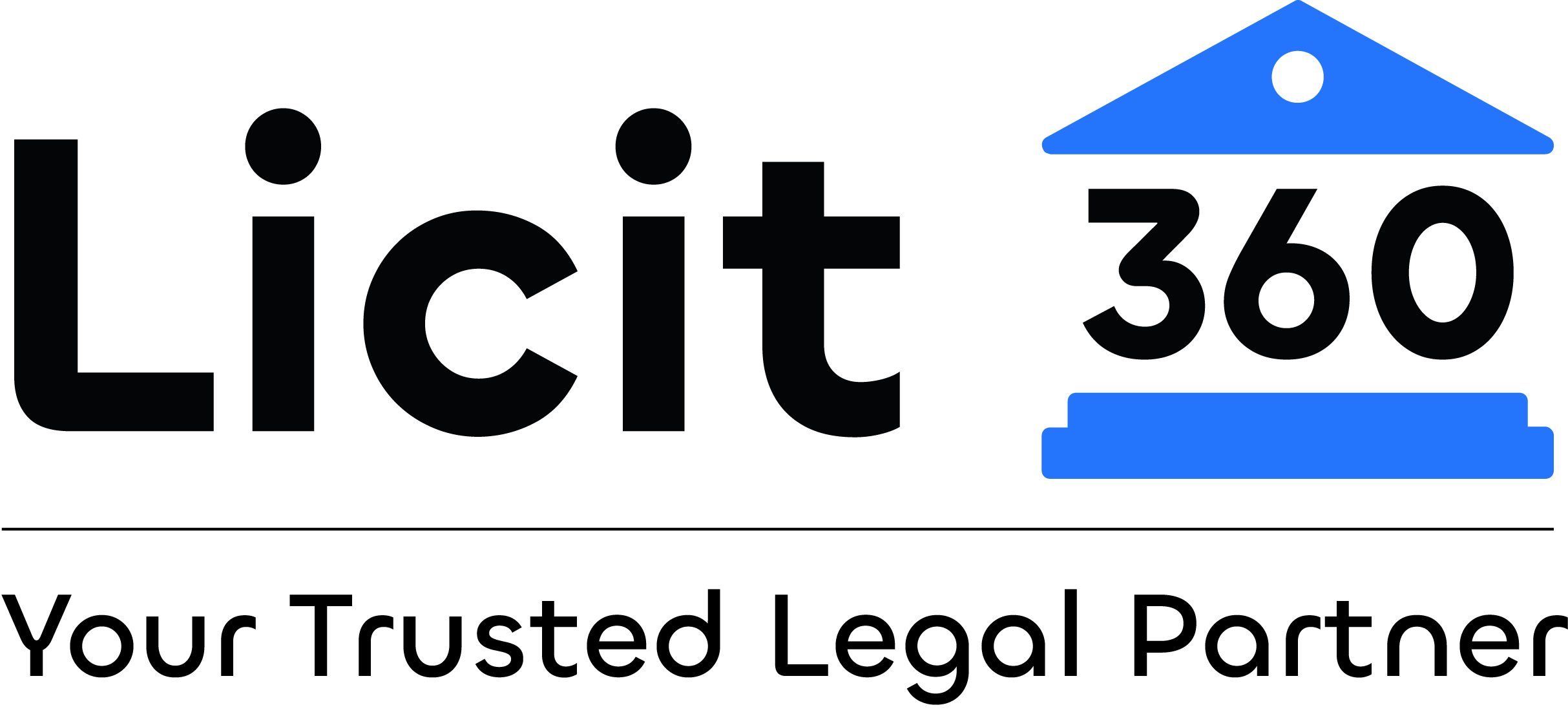As businesses rely on online platforms for transactions, communication, and information storage, cyber fraud and security breaches are riskier than ever. Cybercrime perpetrators are taking advantage of the latest strategies to target weaknesses, causing severe financial and reputational losses to companies.
The Rising Threat of Cyber Fraud and Attacks: Key Data and Insights
- Global Cybercrime will cost Businesses $10.5 trillion every year by 2025 (Cybersecurity Ventures).
- 60% of small Businesses close down within 6 months following a cyberattack because of economic losses and fines.
- More than 43% of cyberattacks are on small and medium-sized companies (SMEs) because of much less strong protection infrastructures.
- The price of an information breach in India averaged ₹17.9 crores in 2023, with prison charges, fines, and misplaced commercial enterprise comprising the bulk of the loss (IBM Cost of a Data Breach Report).
Considering the depth of these risks, businesses need to put in vicinity prison measures, cybersecurity protocols, and anti-fraud practices to guard their agencies, clients, and intellectual property.
Navigating Cyber Threats and Fraud: A Business Perspective
Cyber fraud is available in quite a few paperwork, all with prison and financial outcomes. The most commonplace cyber threats corporations are subjected to are:
- Phishing and Social Engineering Attacks
Hackers trick personnel into divulging private records using false emails, web sites, or messages that appear credible.
- Data Breaches and Identity Theft
Unauthorised access to employer databases leads to stolen purchaser records, trade secrets, and employee statistics.
- Ransomware and Malware Attacks
Cybercriminals encrypt enterprise information and extort ransom payments for its launch, disrupting commercial enterprise and inflicting monetary loss.
- Financial Fraud and Payment Scams
Companies are sufferers of unauthorized transactions, counterfeit invoices, and charge diversion scams, typically enabled by using hacked banking information.
- Intellectual Property (IP) Theft
Competitors or hackers steal private enterprise records, patents, and copyrights, resulting in unfair opposition and litigation.
To deal with these threats, corporations need to implement stringent prison structures and compliance practices that save you from cyber threats.
Legal Protections Against Cyber Fraud: A Business Guide
- Implement Comprehensive Cybersecurity Policies
A well-defined cybersecurity coverage is the first line of protection against fraud. Key factors include:
- Robust password policies and multi-issue authentication (MFA).
- Staff training on recognizing phishing tries and fraud schemes.
- Routine software updates and vulnerability scans.
- Limited right of entry to information by way of employee roles.
- Ensure Compliance with Data Protection and Cyber Laws
Companies should adhere to relevant cybersecurity policies and law, which include:
- The Information Technology Act, 2000 (IT Act): Regulates electronic transactions, cyber assaults, and fines.
- Personal Data Protection Bill (PDPB): Controls facts series, garage, and processing in India.
- General Data Protection Regulation (GDPR): Applicable if dealing with EU clients, ensuring data privacy and transparency.
- Digital Payment Security Standards: Adherence to PCI-DSS via merchants handling credit card transactions.
Non-compliance can bring about vast fines, enterprise limitations, and criminal consequences.
- Strengthen Legal Agreements and Contracts
Companies must have legally enforceable contracts to avoid records breaches and fraud, inclusive of:
- Non-Disclosure Agreements (NDAs): Shields touchy organisation records towards unauthorized disclosure.
- Privacy Policies and Terms of Service: Guarantees felony compliance for data gathering and website utilization.
- Vendor and Third-Party Agreements: Imposes cybersecurity practices when dealing with out of doors companions.
- Conduct Regular Cybersecurity and Legal Audits
Regular audits catch protection loopholes and prison loopholes before the cybercriminals discover them.
- Cybersecurity Audits: Assesses IT infrastructure, gets entry to controls, and statistics encryption techniques.
- Legal Compliance Audits: Verifies compliance with countrywide and global records security law.
- Financial Fraud Audits: Scans transactions for suspicious hobbies.
- Secure Intellectual Property and Trade Secrets
Companies need to lawfully shield their improvements, marks, and proprietary statistics through:
- Trademark and Patent Registration: Averts misuse of logo identity and improvements by means of competitors.
- Protection towards Copyright: Protects original work, together with software program codes, designs, and enterprise reviews.
- Confidentiality Provisions in Worker Contracts: Restricts people from divulging sensitive corporation information.
- Establish a Cyber Incident Response Plan
Each business enterprise wishes an organized reaction plan to shrink cyberattacks efficiently. The plan needs to have:
- Prompt containment of breaches to lessen records exposure.
- Legal movement for reporting and prosecuting cybercriminals.
- Crisis verbal exchange plan for notifying impacted stakeholders.
Protecting Your Business with Licit 360: A Comprehensive Cyber Fraud Defense
At Licit 360, we are specialists in imparting holistic legal solutions to guard organizations from cyber attacks and fraud. Our services include:
- Legal Compliance Consulting: Assisting agencies to comply with Indian and global cybersecurity laws to get away penalties and legal liabilities.
- Cybersecurity Policy Drafting: Developing tailor-made protection regulations to thwart records breaches and fraud.
- Contract & Agreement Drafting: Preparing NDAs, privacy regulations, and cybersecurity agreements to defend business operations.
- Fraud Risk Assessment & Legal Audits: Performing cybersecurity audits and fraud chance exams to pick out vulnerabilities.
- Intellectual Property Protection: Helping trademark, copyright, and patent registrations to keep away from IP robbery.
- Regulatory Guidance: Keeping companies abreast of current cyber legal guidelines and statistics safety paradigms.
With Licit 360, organizations can undertake a proactive cybersecurity technique, legally protecting themselves towards fraud and cyber attacks.
Conclusion
As cyber theft and security attacks increase, companies need to emphasize legal protection and compliance protocols to safeguard their data, money, and reputation. Having robust cybersecurity policies, legal contracts, and compliance audits in place can significantly minimize risks.
Licit 360 offers professional legal services to assist organizations in overcoming cyber threats and fraud avoidance measures, gaining long-term security and compliance.
Don’t wait for a cyberattack to take action! Contact Licit 360 today for expert legal protection against fraud and cyber threats.










